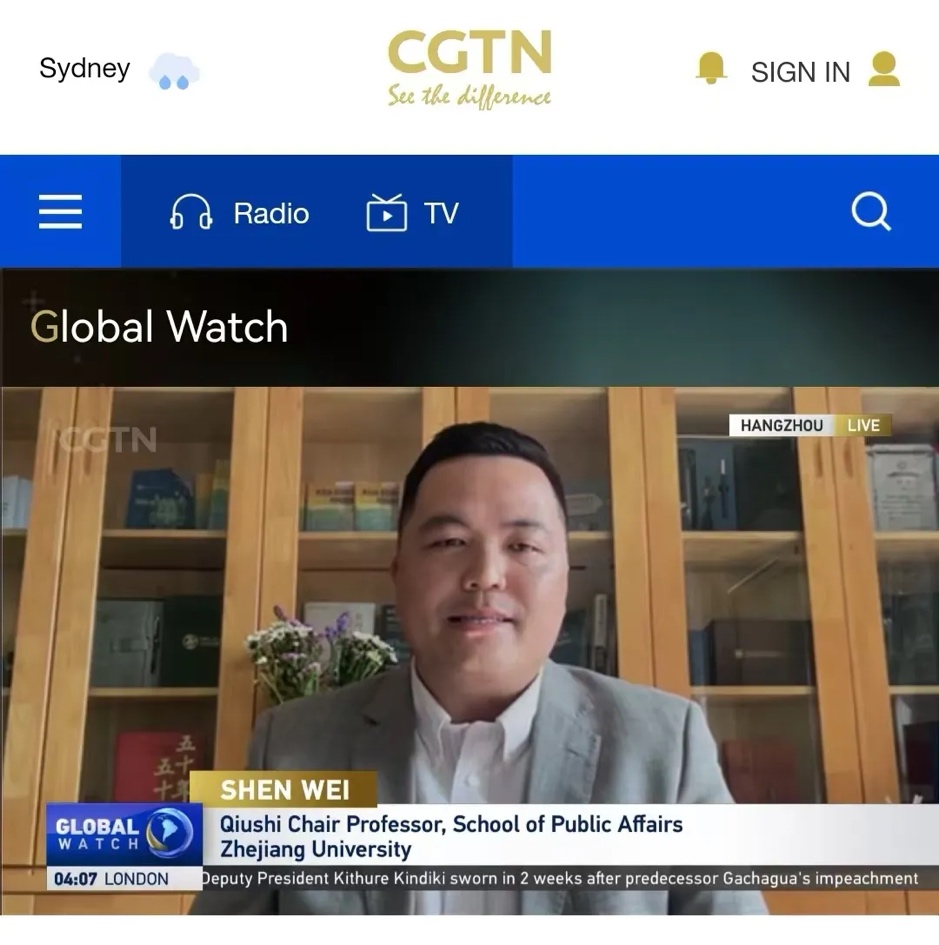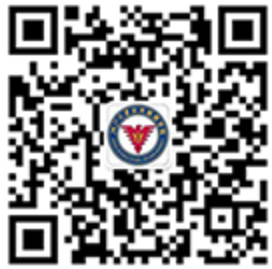Recently, in an effort to deepen academic and research collaboration between China and Europe, Qiushi Chair Professor Shen Wei from the School of Public Affairs was invited to visit several renowned universities and think tanks across Europe. Through a series of academic activities in Western, Southern, and Northern Europe, he showcased the potential for collaborative relations with his profound expertise and unique insights.
At Ruhr University Bochum in Germany, Professor Shen delivered a lecture for graduate students, systematically highlighting the significance of China-Europe academic and research exchanges. Through in-depth academic analysis, he illustrated the vast potential for knowledge sharing and innovation between China and Europe, which received enthusiastic responses from the faculty and students present. In the Region Europe program at the University of Turin in Italy, he spoke to students from Italy and around the world, discussing the historical evolution and current dynamics of China-Europe relations, providing a comprehensive understanding of this important relationship.
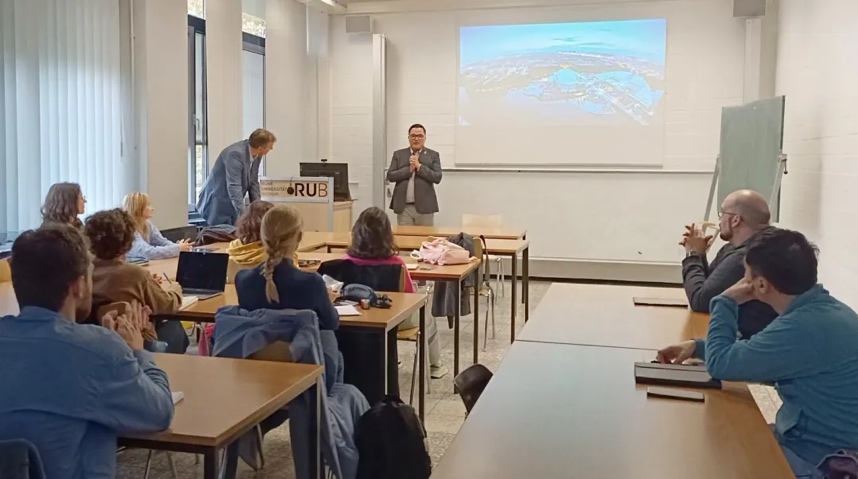
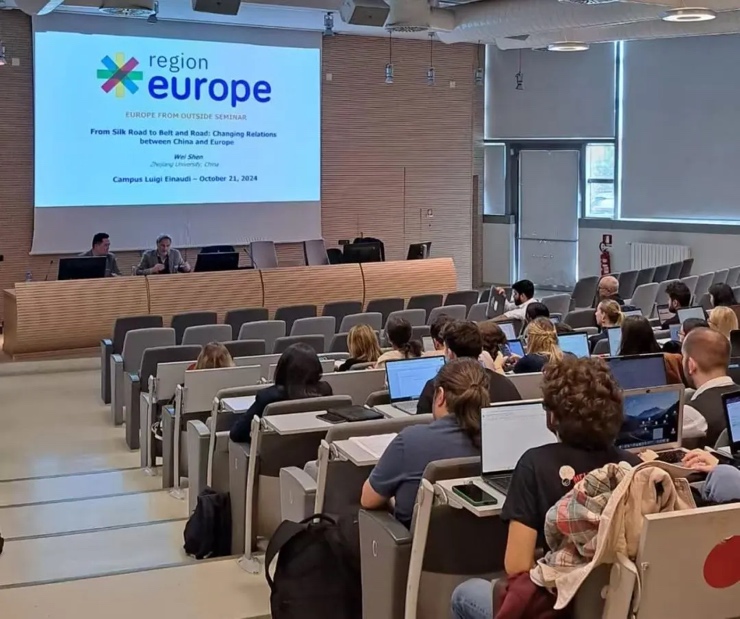
Another key part of Professor Shen Wei's visit was his participation in the ReConnect China project at the University of Tartu in Estonia, an EU-supported initiative. As the only scholar from a Chinese university in this project, he was invited to chair a roundtable discussion and promote the Asia Europe Journal, an academic journal he edits. During the event, Professor Shen actively advocated for China, emphasizing the urgent need for open dialogue and exchange between China and Europe to build mutual trust and counteract the negative impacts of an overly security-focused mindset on their relations.
The ReConnect China project, coordinated by Ghent University in Belgium, brings together 15 European universities and think tanks. It focuses on China-Europe relations within the current geopolitical landscape, aiming to equip Europe and its citizens with independent knowledge to foster a resilient future with China. The project's central question is identifying areas of potential cooperation as well as fields where restrictions may arise in future China-Europe collaboration. The project has identified four primary research areas: science and technology, economic trade, domestic governance, and foreign policy. Research findings will be disseminated through policy briefs, research papers, and academic articles. Additionally, the project will host a China-Europe Knowledge Forum to gather stakeholders and experts, and will leverage podcasts, online courses, and other mediums to enhance public and particularly youth awareness of China across Europe.
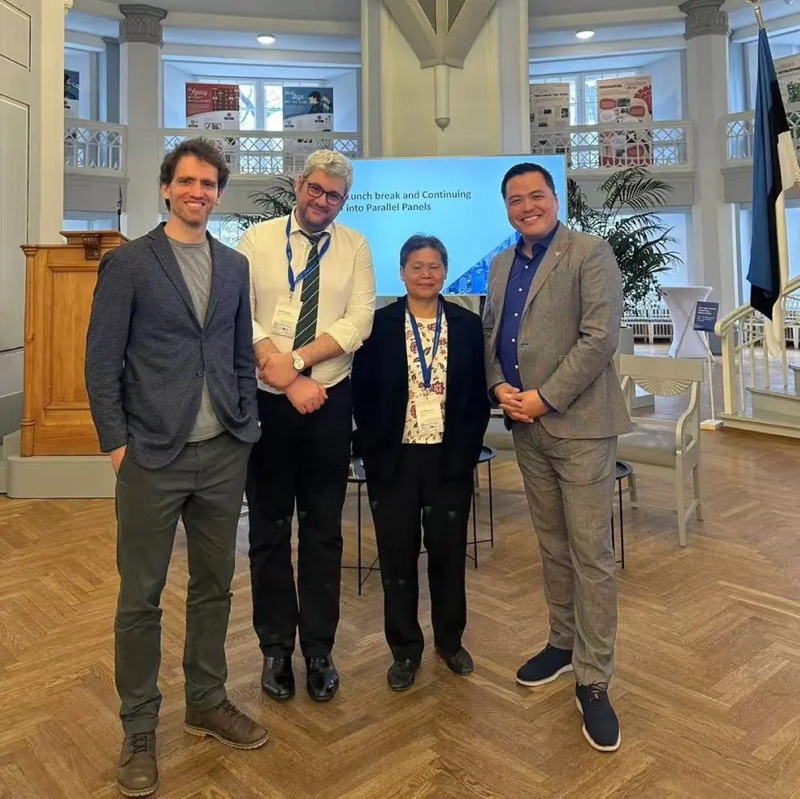
In France, Professor Shen Wei conducted research on the China-Europe Academic Exchange project, visiting multiple universities and interviewing university leaders and faculty members on the trend of securitizing academic activities. At the EU headquarters in Brussels, Professor Shen engaged in candid, in-depth discussions with renowned European think tanks, including the European Policy Centre, the Europe Asia Centre, the Egmont Institute, and the European Institute of Asian Studies. He also met with scholars from Belgian universities such as KU Leuven, Ghent University, and the Free University of Brussels, as well as representatives from the Chinese Mission to the EU and EU institutions.
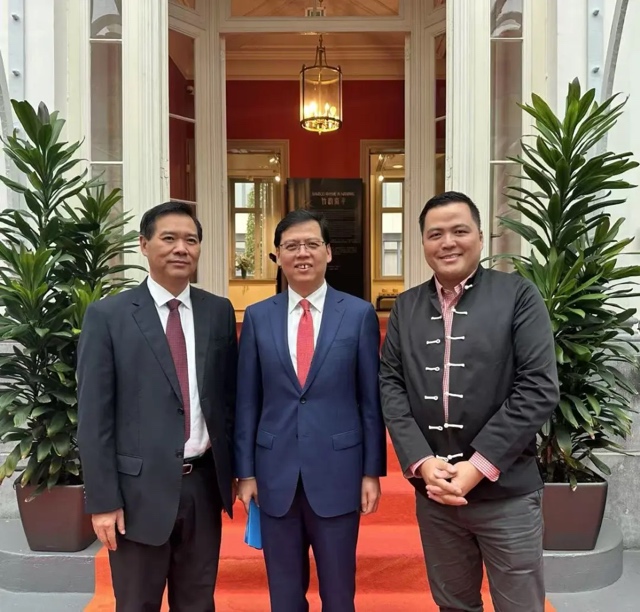
Upon returning to China, Professor Shen Wei was interviewed by China Global Television Network (CGTN) regarding the state visit of European leaders to China. He also co-authored a commentary on The Diplomat with scholars from the Centre for East Asian Studies at the University of Turku, sharing his insights on China-Slovakia, China-Finland, and China-Europe relations, further reflecting on his experiences during his academic tour in Europe. Professor Shen's visit has laid a solid foundation for future academic exchanges, with anticipation for deeper collaboration with European universities across multiple fields.
